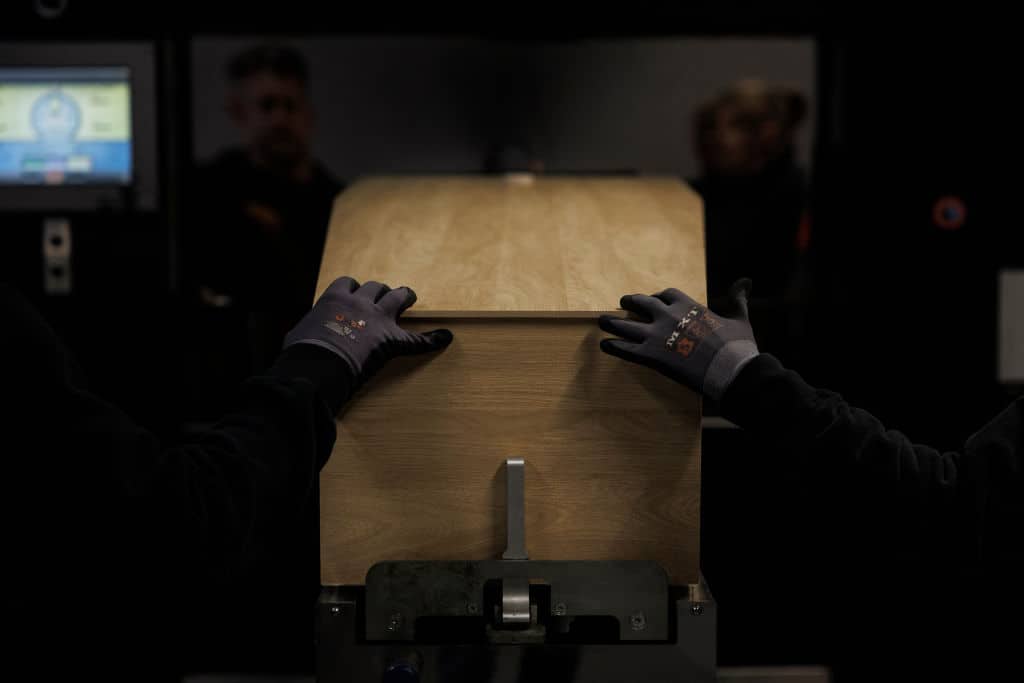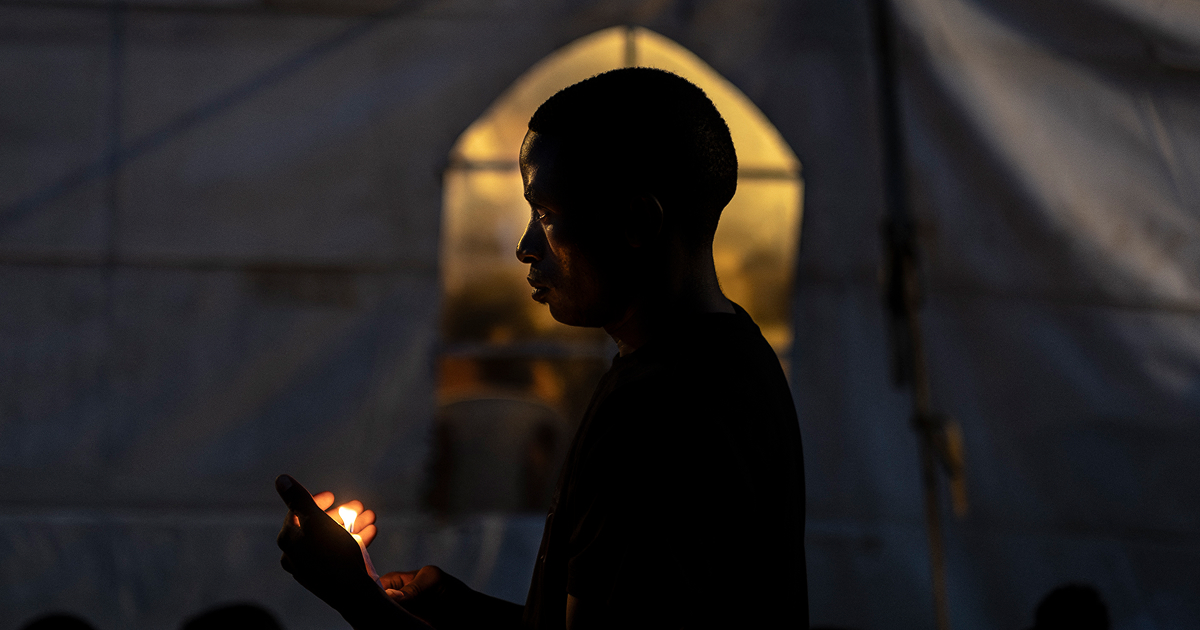Belgium introduced a bill allowing euthanasia in 2002. In short, it now has significant experience in the matter. In the meantime, other countries have adopted similar laws while some other countries are debating the possibility.
In regard to other countries deciding whether to implement such measures – as being considered in the UK – it is useful to observe how this law has impacted daily clinical practice in Belgium. The trespassing of ethical limits, such as the killing of patients, can impact not only medicine, but also society, and this impact can evolve over many years. Therefore, a close look at the Belgian experience might be very useful in order to adapt legislative proposals – or to avoid them.
Since 2002, the number of patients dying of euthanasia in Belgium has steadily increased and reaches now 3.1 per cent of all deaths. Euthanasia is no longer an exceptional measure. In Quebec, for example, it amounts to as much as 6.8 per cent of deaths, thus 1 patient out of every 15.
In Belgium, in around 50 to 55 per cent of cases, euthanasia is applied in the last one or two weeks of a patient’s life, thus in circumstances during which natural death is likely to occur. Patients are therefore in a position in which they retain perspective, while they can usually be very effectively helped with palliative care, including palliative sedation when necessary. Thus, in one euthanasia out of two, health care workers are applying a difficult procedure when it isn't actually necessary.
On the other hand, in 21 per cent of cases in Belgium, euthanasia is applied to patients who are not terminally ill, thus with a life expectance of several months or even years. This is often the case in patients with neurodegenerative diseases, psychiatric diseases and poly-pathology, which occurs mostly in elderly. Thus, in one case out of five, doctors are interrupting the life of patients, who are not terminally ill, and which can make the act more difficult to carry out.
As shown in the yearly reports on euthanasia, even in the presence of severe physical diseases, patients are mostly asking euthanasia due to psychological reasons. These reasons can be fear of future suffering, loss of autonomy, the impossibility to pursue some activities, socials problems – such as isolation – the fear to be a burden for others, mental exhaustion and existential suffering.
These problems are mostly not medical problems and many palliative teams have developed social, spiritual and psychological measures to tackle these with success. However, doctors are now asked to decide if a life is still worth living and to solve these psychological problems by the administration of death.
Physical suffering can be more or less objective; however, it is modulated in an important way by circumstances and co-factors. An ill person who is well surrounded, will have more courage compared to a person who is isolated. Even financial problems, such as repetitive medical bills or the high costs of a nursing home, can then become co-factors of influence, which can change physical suffering from being bearable into being unbearable.
Moreover, the promotors of euthanasia state that each case of suffering is mostly subjective, and that it is thus up to the patient to decide how important his or her suffering is. Any decision of the doctor that would go against the demand for euthanasia, is than easily seen – or presented – as a lack of respect of the patient’s will and autonomy.
A patient’s decision to choose euthanasia is clearly not an easy decision, as shown by the fact that in 10 to 17 per cent of cases, euthanasia finally does not take place, because the patient has changed his or her mind. In 23 per cent of cases, the doctor who delivers the required second opinion does not agree with the doctor who delivered the first one in relation to critical points of the law, such as the unbearable character of suffering, the decision of the patient or the possible therapeutic and palliative alternatives.
One can also question if in every case all possible palliative measures have been explored, given the fact that in only 40 per cent of cases, the guidance to a palliative care unit is proffered or advised. The Belgian law, in fact, does not set a palliative-related benchmark. The law only states that all alternatives must be considered; however, the patient can perfectly refuse these possibilities and hence obtain euthanasia.
The reality in Belgium now is that many patients now ask for euthanasia because they do not want to go to a palliative hospice, with the patient taking the perspective that all it would achieve is letting them suffer for a few more days/weeks while their family surround them not knowing when death will occur. More and more people consider euthanasia as the normal way to die, while palliative care is an alternative for those who choose it.
Even as euthanasia becomes more frequent, doctors are not eager to perform it. It remains a difficult act. A number of palliative care centres are trying to limit as much as possible the number of euthanasia cases within their walls in order to preserve their original focus.
Finally, euthanasia is now also promoted through the media and conferences, even in nursery homes. In some cases, these conferences are promoted by health insurances organisations.
The CEO of one of them even stated in 2024 that access to euthanasia should be granted to elderly people who are tired of living or who consider their life as “fulfilled”, in order to solve the problem of raising health costs and the lack of nurses and other health care workers.
RELATED: Assisted suicide is a dangerous proposal which puts everyone at risk
Photo: Denis Rousseaux, a former doctor and carer helps Lydie Imhoff to get out of the van as they arrive at a hospital in Belgium, 31 January 2024. Lydie Imhoff, a 43 year-old French citizen suffering from hemiplegia and blindness from birth due to a perinatal stroke, was authorised to travel from Besancon, France, to Belgium to undergo euthanasia on 1 February 2024. (Photo by SIMON WOHLFAHRT/AFP via Getty Images.)
Benoit Beuselinck graduated as Doctor in Medicine at the UCLouvain and as a Medical Oncologist at the KULeuven (2009). He obtained his PhD degree in 2014 based on his translational work on prognostic and predictive factors in kidney cancer treated with angiogenesis inhibitors. He is professor at the department of Oncology at the KULeuven and treats patients with urogenital malignancies at UZLeuven.
Belgium introduced a bill allowing euthanasia in 2002. In short, it now has significant experience in the matter. In the meantime, other countries have adopted similar laws while some other countries are debating the possibility.
In regard to other countries deciding whether to implement such measures – as being considered in the UK – it is useful to observe how this law has impacted daily clinical practice in Belgium. The trespassing of ethical limits, such as the killing of patients, can impact not only medicine, but also society, and this impact can evolve over many years. Therefore, a close look at the Belgian experience might be very useful in order to adapt legislative proposals – or to avoid them.
Since 2002, the number of patients dying of euthanasia in Belgium has steadily increased and reaches now 3.1 per cent of all deaths. Euthanasia is no longer an exceptional measure. In Quebec, for example, it amounts to as much as 6.8 per cent of deaths, thus 1 patient out of every 15.
In Belgium, in around 50 to 55 per cent of cases, euthanasia is applied in the last one or two weeks of a patient’s life, thus in circumstances during which natural death is likely to occur. Patients are therefore in a position in which they retain perspective, while they can usually be very effectively helped with palliative care, including palliative sedation when necessary. Thus, in one euthanasia out of two, health care workers are applying a difficult procedure when it isn't actually necessary.
On the other hand, in 21 per cent of cases in Belgium, euthanasia is applied to patients who are not terminally ill, thus with a life expectance of several months or even years. This is often the case in patients with neurodegenerative diseases, psychiatric diseases and poly-pathology, which occurs mostly in elderly. Thus, in one case out of five, doctors are interrupting the life of patients, who are not terminally ill, and which can make the act more difficult to carry out.
As shown in the yearly reports on euthanasia, even in the presence of severe physical diseases, patients are mostly asking euthanasia due to <em>psychological</em> reasons. These reasons can be fear of future suffering, loss of autonomy, the impossibility to pursue some activities, socials problems – such as isolation – the fear to be a burden for others, mental exhaustion and existential suffering.
These problems are mostly not medical problems and many palliative teams have developed social, spiritual and psychological measures to tackle these with success. However, doctors are now asked to decide if a life is still worth living and to solve these psychological problems by the administration of death.
Physical suffering can be more or less objective; however, it is modulated in an important way by circumstances and co-factors. An ill person who is well surrounded, will have more courage compared to a person who is isolated. Even financial problems, such as repetitive medical bills or the high costs of a nursing home, can then become co-factors of influence, which can change physical suffering from being bearable into being unbearable.
Moreover, the promotors of euthanasia state that each case of suffering is mostly subjective, and that it is thus up to the patient to decide how important his or her suffering is. Any decision of the doctor that would go against the demand for euthanasia, is than easily seen – or presented – as a lack of respect of the patient’s will and autonomy.
A patient’s decision to choose euthanasia is clearly not an easy decision, as shown by the fact that in 10 to 17 per cent of cases, euthanasia finally does not take place, because the patient has changed his or her mind. In 23 per cent of cases, the doctor who delivers the required second opinion does not agree with the doctor who delivered the first one in relation to critical points of the law, such as the unbearable character of suffering, the decision of the patient or the possible therapeutic and palliative alternatives.
One can also question if in every case all possible palliative measures have been explored, given the fact that in only 40 per cent of cases, the guidance to a palliative care unit is proffered or advised. The Belgian law, in fact, does not set a palliative-related benchmark. The law only states that all alternatives must be considered; however, the patient can perfectly refuse these possibilities and hence obtain euthanasia.
The reality in Belgium now is that many patients now ask for euthanasia because they do not want to go to a palliative hospice, with the patient taking the perspective that all it would achieve is letting them suffer for a few more days/weeks while their family surround them not knowing when death will occur. More and more people consider euthanasia as the normal way to die, while palliative care is an alternative for those who choose it.
Even as euthanasia becomes more frequent, doctors are not eager to perform it. It remains a difficult act. A number of palliative care centres are trying to limit as much as possible the number of euthanasia cases within their walls in order to preserve their original focus.
Finally, euthanasia is now also promoted through the media and conferences, even in nursery homes. In some cases, these conferences are promoted by health insurances organisations.
The CEO of one of them even stated in 2024 that access to euthanasia should be granted to elderly people who are tired of living or who consider their life as “fulfilled”, in order to solve the problem of raising health costs and the lack of nurses and other health care workers.
<a href="https://catholicherald.co.uk/assisted-suicide-is-a-dangerous-proposal-which-puts-everyone-at-risk/"><mark style="background-color:rgba(0, 0, 0, 0)" class="has-inline-color has-vivid-cyan-blue-color"><strong><em>RELATED: Assisted suicide is a dangerous proposal which puts everyone at risk</em></strong></mark></a>
<em>Photo: Denis Rousseaux, a former doctor and carer helps Lydie Imhoff to get out of the van as they arrive at a hospital in Belgium, 31 January 2024. Lydie Imhoff, a 43 year-old French citizen suffering from hemiplegia and blindness from birth due to a perinatal stroke, was authorised to travel from Besancon, France, to Belgium to undergo euthanasia on 1 February 2024. (Photo by SIMON WOHLFAHRT/AFP via Getty Images.)</em>
<em>Benoit Beuselinck graduated as Doctor in Medicine at the UCLouvain and as a Medical Oncologist at the KULeuven (2009). He obtained his PhD degree in 2014 based on his translational work on prognostic and predictive factors in kidney cancer treated with angiogenesis inhibitors. He is professor at the department of Oncology at the KULeuven and treats patients with urogenital malignancies at UZLeuven.</em>


















